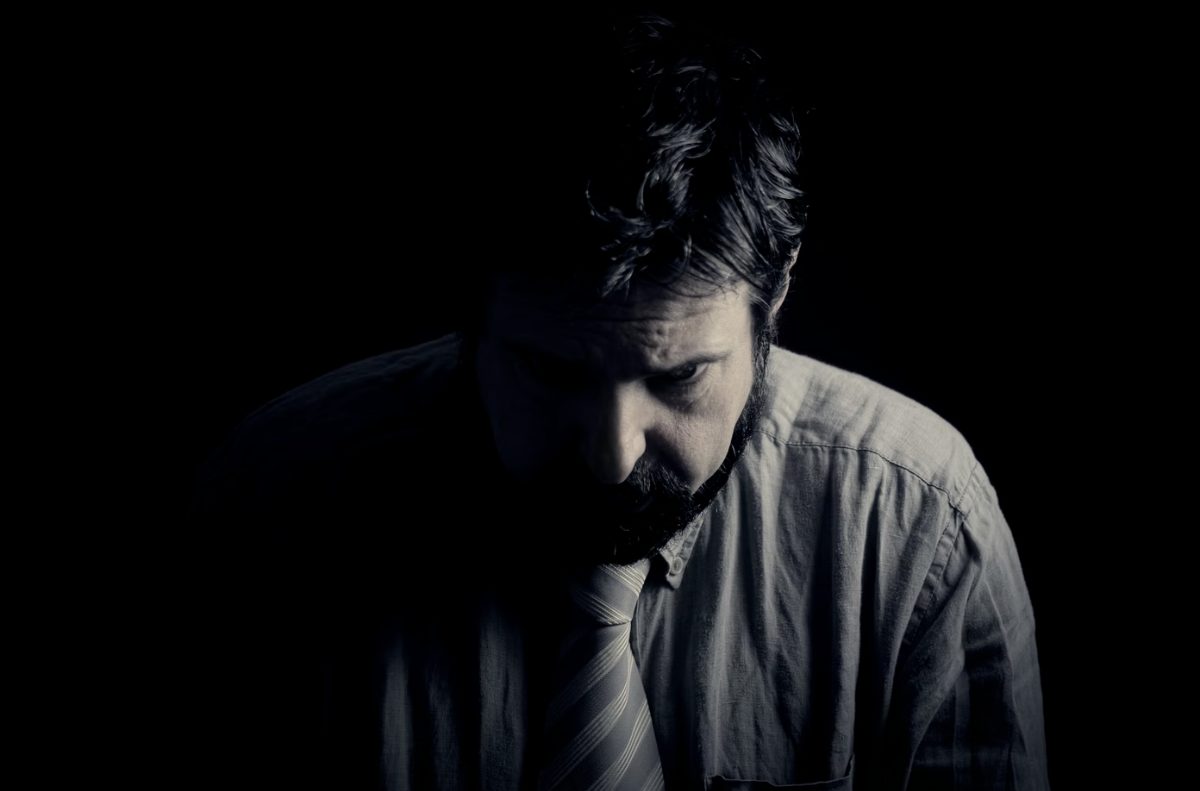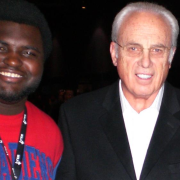You should honour your dishonourable father—God commands that of you.
The fifth commandment says: “Honor your father and your mother, that your days may be long in the land that the LORD your God is giving you.” (Exodus 20:12)
On Father’s Day this Sunday, many of you will probably honour your honourable fathers. But what about those of us with dishonourable fathers? What about those of us with bad fathers?
Or in my case, what about those of us with absentee fathers?
The fifth commandment doesn’t say, “honour your good father and good mother.” No, it says: “honour your father and your mother.” No matter who your parents are—no matter what they’ve done or haven’t done, God commands you to honour them.
God doesn’t say we should honour our parents because of their good character. He suggests we should honour them because of their position. In other words, we should honour our fathers not because they are good parents—but because they are our parents. Meaning, we shouldn’t honour our parents primarily because of what they’ve done for us; we should honour our parents because of what God has done for us through them.
This, of course, doesn’t mean adults need to obey their parents. Adults are no longer under their parent’s authority. This also doesn’t mean people who have abusive parents should place themselves in harmful positions. Suspending relationships with abusive, unrepentant parents is necessary. However, just as God commands us to honour bad emperors, he also commands us to honour bad parents. (1 Peter 2:17-18)
But what does that mean? What does it look like to honour a dishonourable father?
I think it’s simply to seek to do good to a bad father. I think it’s to do for your bad father what God does for his bad children.
If you have a dishonourable father, honour him by being willing to forgive him.
If you’re a Christian, though you’re a sinner—though you’re a bad child—doesn’t God forgive you? If your good father honours you with forgiveness, then return that honour to your bad father. Be willing to forgive them. Even if your father curses you, bless them. The Bible says, “bless those who curse you, pray for those who abuse you.” (Luke 6:28)
After all, whatever your parents have done or haven’t done to you—you’ve done much worse to God.
So don’t be bitter. Especially since what you think about your parents reveals what you think about God. If you’re bitter about your parents, then you’re not being grateful to God.
Still, forgiving your dishonourable father isn’t the only way to honour him. The Bible says, “The father of the righteous will greatly rejoice; he who fathers a wise son will be glad in him.” (Proverbs 23:24).
Meaning, we should honour our dishonourable fathers by honouring the only perfectly honourable father: God. People who are godly make their parents glad.
My mom tells me what makes her most proud of me is my love for Christ. And though my father and I do not know each other, I’m trying to be wise and righteous—so that wherever he is, he will be glad that though he’s a dishonourable father, I’m hopefully an honourable son.
Dishonourable fathers need honourable sons. Bad fathers need good sons—and good sons honour their bad fathers.
My father abandoned my mom and I in Ghana before I was born. A few months after I was born, my resilient mother tracked him down in a remote village in Nigeria and begged him return to us. But he refused to come home with her; he refused to come home for me.
I was just a newborn baby, I don’t remember that—I don’t remember him. And I guess he doesn’t want to remember me either. Otherwise, he wouldn’t choose to forget his fatherless son.
Nevertheless, God commands me to honour my absentee father. So since there’s maybe a small chance that he’s still alive—since maybe he’ll google my name and read these words, for the first time—I’ll attempt to speak to my father.
My father, if you’re reading this—I want you to know I’m grateful for you. I really am. You are my father, and I am your son. Without you, there is no me. Without your life, mine wouldn’t exist. So I’m truly grateful for you.
And without you, I wouldn’t know mom. Mom is an incredible blessing to me. I am not glad you abandoned her, but I’m glad you married her. I am not glad you abandoned me either, but I’m grateful that although you didn’t mean it for my good—God did. You were seeking your own interest, I know. But God ordained it all for the interest of my soul.
I am a Christian. So I want you to know I am actually not fatherless. I don’t know you, but I know my father in heaven. You neglected me, but our creator didn’t. I’m grateful for that. I have an everlasting father who promises he will never leave me or forsake me (Deuteronomy 31:6).
I want you to know I’ve been trying to honour you as well as I can. I am taking care of mom. I am trying to do for her what you didn’t do. I’m protecting and providing for her.
I also want you to know I’m married now. I’ve been married for almost two months. My wife’s name is Annie. I promised her I will do for her what you didn’t for mom. I will love her and cherish her—I won’t abandon her. I’m grateful God used how you hurt mom to keep me from hurting my wife.
I am not a father yet. But when that happens, I will strive to make sure I don’t repeat what you did with me. I don’t want my children to simply know my name—I want them to know me.
But most of all, I hope you repent and believe in Jesus Christ. I am a sinner, just like you. I received your sinful nature, therefore you can receive God the father’s righteous nature too.
And if by the providence of God you happen to stumble on this article, please reach out to me. I would be glad to get to know you.
I am not bitter. I am not angry at you. I am willing to forgive you. By the grace of God, I want to honour you.
So whoever you are and whoever your father is, although it might be difficult—no matter what your father has done or hasn’t done: pray for them, be gracious to them, be kind to them, be merciful with them, be willing to forgive them.
This father’s day, honour your father—even if he isn’t honourable.

